Publisher of the Month
Publisher of the Month with Nathan Hollier
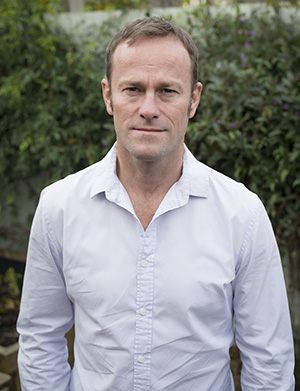 What was your pathway to publishing?
What was your pathway to publishing?
Traducing a prominent critic on the AustLit online discussion list in 1997 led to some literary-world taking of sides and, after a while, to writing for and then getting involved with Overland magazine. (I was editor from 2002 to 2007 and am pleased to be still involved, on the board.)
What was the first book you published?
A Pedagogy of Place: Outdoor education for a changing world, by Mike Brown and Brian Wattchow, which has been an excellent backlist seller for Monash University Publishing in the United States and Europe.
Do you edit the books you commission?
Continue reading for only $10 per month. Subscribe and gain full access to Australian Book Review. Already a subscriber? Sign in. If you need assistance, feel free to contact us.




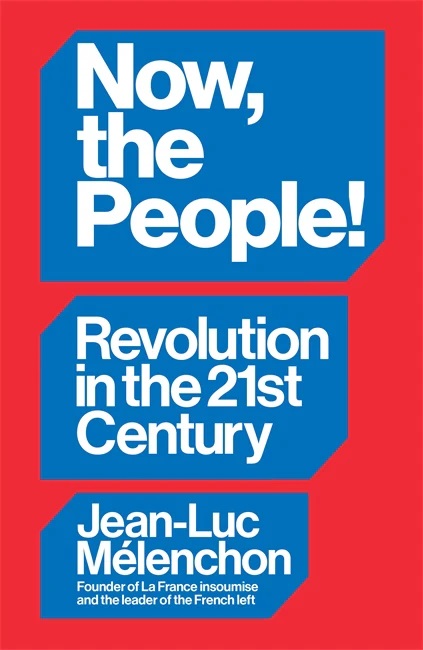
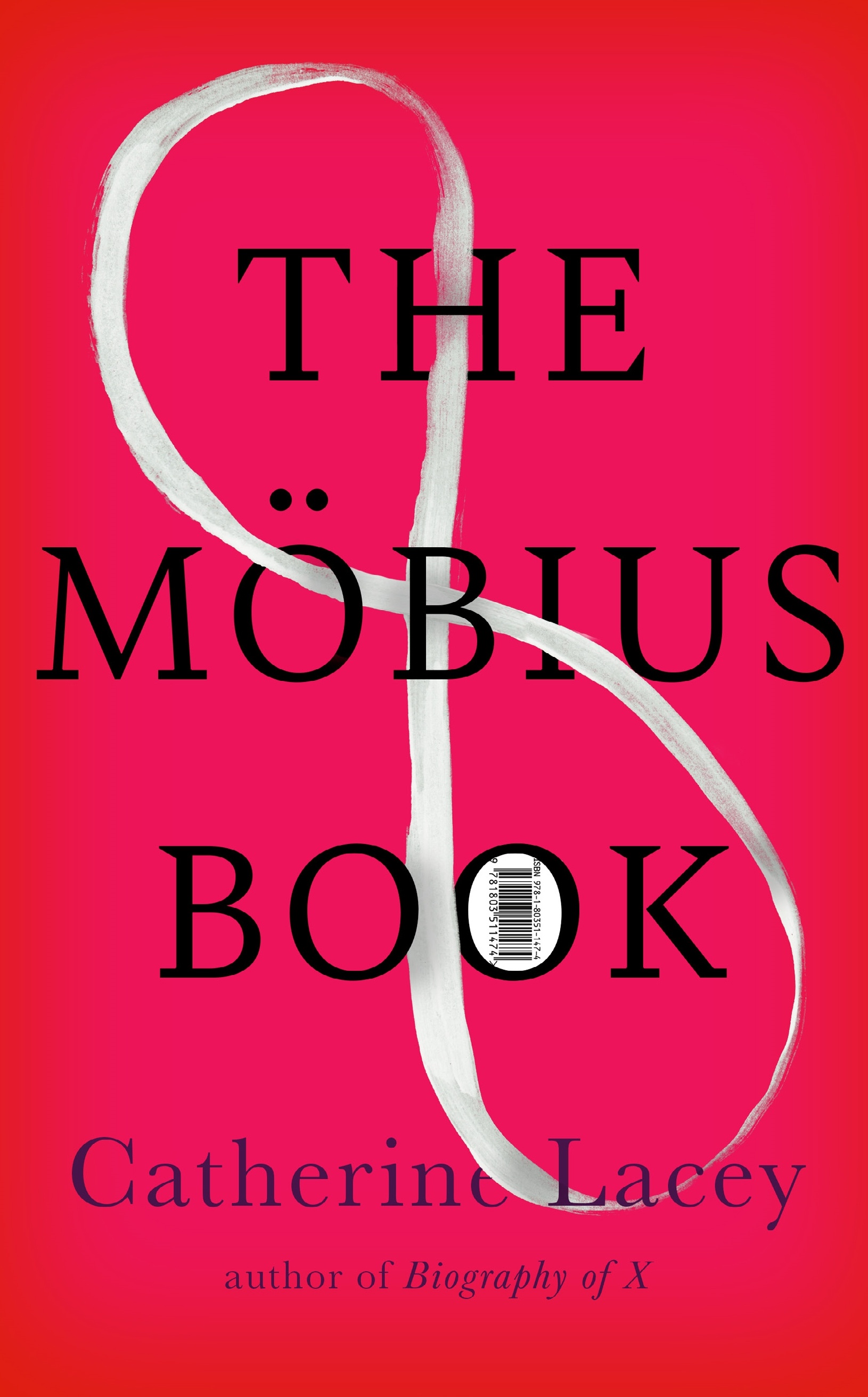
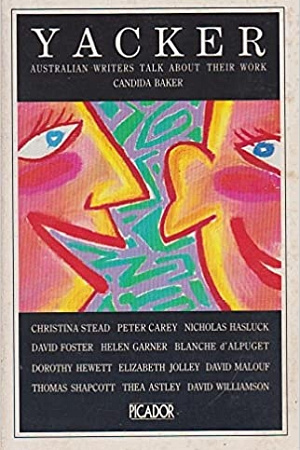
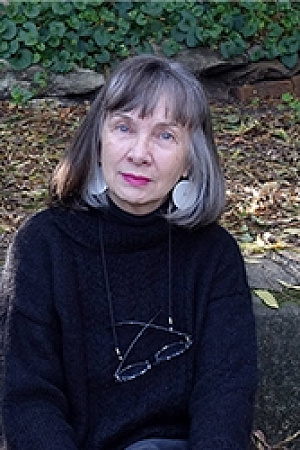


Leave a comment
If you are an ABR subscriber, you will need to sign in to post a comment.
If you have forgotten your sign in details, or if you receive an error message when trying to submit your comment, please email your comment (and the name of the article to which it relates) to ABR Comments. We will review your comment and, subject to approval, we will post it under your name.
Please note that all comments must be approved by ABR and comply with our Terms & Conditions.